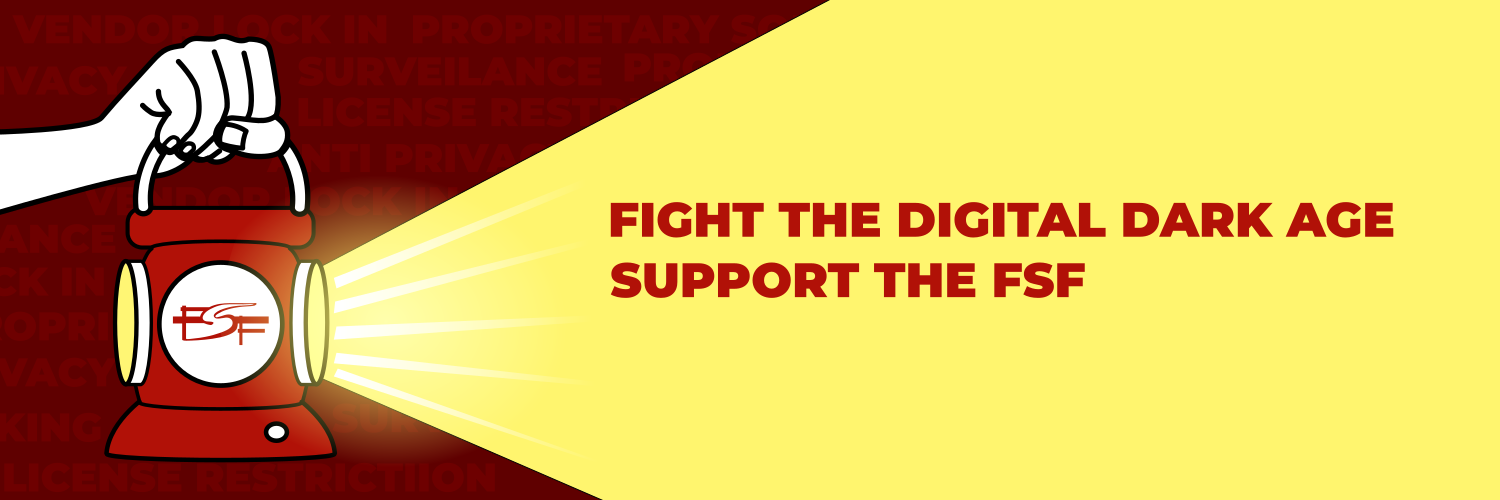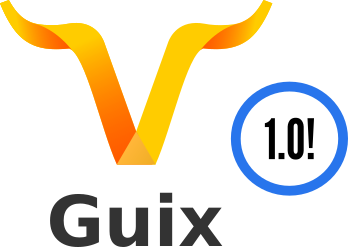Double the movement: Inspire someone to explore free software
mercredi 19 juin 2019 à 23:03
Thank you for being part of our exceptionally generous community. Your interest in our mission is what got us where we are, in position to succeed if we keep at it. While it's incredible to have hundreds of thousands of subscribers around the world, we need to connect with millions if we're to realize a world free of proprietary software. This spring, we have set ourselves goals to reach 200 new members and 400 donations before July 15th, and to achieve them, we need your help. Please take this moment to publicly share your passion for free software. If each free software supporter inspires just one other, we can double our strength.
We tasked free software designer Raghavendra Kamath with creating some inspiring visual images to help us spread our message further. You can find these banners and profile images, including their embed codes, here. Sharing these images online might inspire someone to explore free software, and may give reasons for you to educate your friends and family about why free software matters. Use the hashtag #ISupportFreeSoftware when you share the images online or on your social media.
Here are some more ways to help grow our movement:
-
If you can spare a monthly $10 ($5 for students), your contribution in the form of an Associate Membership is the strongest vote of confidence you can give us. For less than a subscription to a Digital Restrictions Management (DRM)-controlled streaming service, your membership will serve as a testament that our work is used, read, and making its way through the world. In appreciation, we offer Associate Members many benefits.
-
Inspire someone you know to become an Associate Member, or gift a membership to a friend following the instructions in this link.
-
Donate any amount suitable to your household, and have a look at other ways to donate to see if there is a simple action you can take to give your support to the FSF.
-
Start a conversation about free software and why you support the FSF with someone you know.
-
Share your victories and experiences with free software online or in person with your community. Please use the images provided and the hashtag #ISupportFreeSoftware to help stimulate other people to do the same.
Your generosity and outspokenness fuel our message and allow us to continue to advocate on your behalf. Our fourteen hardworking staff use your contributions wisely, earning yet another best possible rating of four stars from Charity Navigator this last year. You can read our financial statements and our annual reports online.
Individual financial contributions and spreading the word like this are forms of activism we need much more of if we're to overcome trillions of proprietary software dollars. We need to grow and diversify if we're to make respect for user freedom the default, rather than a constantly endangered niche. We've shown that with your support we can succeed together against far greater resources -- thank you for sticking with us and giving everything you can to bring about a brighter future.

